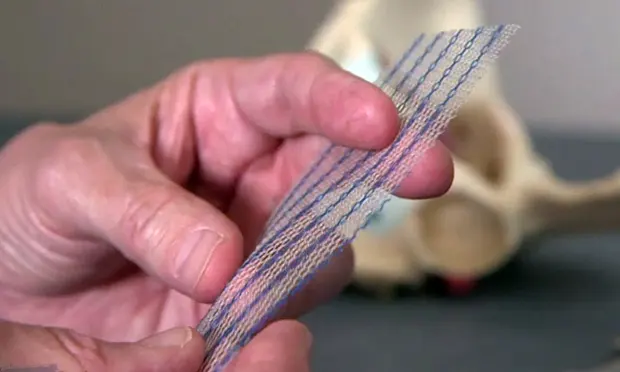More than 200 women were harmed when a rogue surgeon carried out operations on them unnecessarily, an NHS inquiry has found.
Some of the women were left with life-changing physical problems or unable to work, while many also suffered trauma and serious psychological harm as a result.
Overall, 203 women on whom Anthony Dixon performed procedures between 2007 and 2017 came to harm, according to a review by the North Bristol NHS trust (NBT). Dixon, who for years was Britain’s most influential pelvic surgeon, worked for both the trust and the private Spire hospital in the city.
In 2017, NBT launched a review of Dixon’s performance and suspended him after dozens of women he had performed procedures on complained that they had experienced appalling consequences, including unmanageable pain and incontinence. The Guardian revealed in late 2017 that 100 women were suing him for medical negligence. Some cases have since been settled, but dozens are ongoing.
NBT sacked Dixon in 2019 and he is currently banned from practising in the UK.
During the review, 378 women were recalled and asked to set out their dealings with Dixon. All had undergone a procedure called laparoscopic ventral mesh rectopexy (LVMR), in which plastic mesh is inserted to repair weakened tissue in the pelvic floor.
In papers presented to NBT’s board on Thursday, board members were told that the inquiry had concluded. “The trust has notified 203 NHS patients that, although their LVMR operation was carried out satisfactorily, they should have been offered alternative treatments before proceeding to surgery. We have defined these patients as suffering ‘harm’ as a result,” it said.
The trust set up a clinical advisory group of experts to assess what had happened with each of the 378 women. It found that of the 218 women Dixon had operated on at Southmead hospital, 110 suffered harm. And among another 169 NHS patients on whom he performed LVMR at the Spire hospital, 93 came to harm.
Another 175 women he treated at both facilities suffered no harm and there were also nine other cases in which the clinical advisory group was unable to reach a conclusion.
“This latest information is incredibly concerning and has caused a great deal of distress for our clients, many of whom continue to experience physical and psychological problems following their surgery.”
The outcome of the inquiry was first reported by the BBC’s west health correspondent, Matthew Hill. The trust summarised the findings in a five-page update it included in the 157 pages of papers its board were due to discuss on Thursday. NBT did not alert the media that it was finally publishing details of a major probe it had taken almost five years to complete.
Annette Whiting, 62, from Bristol, one of those on whom Dixon performed LVMR, told the BBC: “I felt violated. Beyond angry, beyond upset.
“It affects your everyday life. Your body aches, you have to run to the toilet, you’ve got no control over it whatsoever.”
The trust said that with regard to the 203 patients “harm is defined as undergoing an operation that may not have been required, where other less invasive options could have been offered first, even when the LVMR procedure was performed to the appropriate, clinical standard.”
NBT said it was “extremely sorry” for the suffering Dixon had inflicted by doing LVMRs.
A spokesperson for the General Medical Council, which regulates the medical profession, confirmed that Dixon does not currently have a licence to practise medicine “pending [the] conclusion of fitness to practise investigations”.
Source: The Guardian


